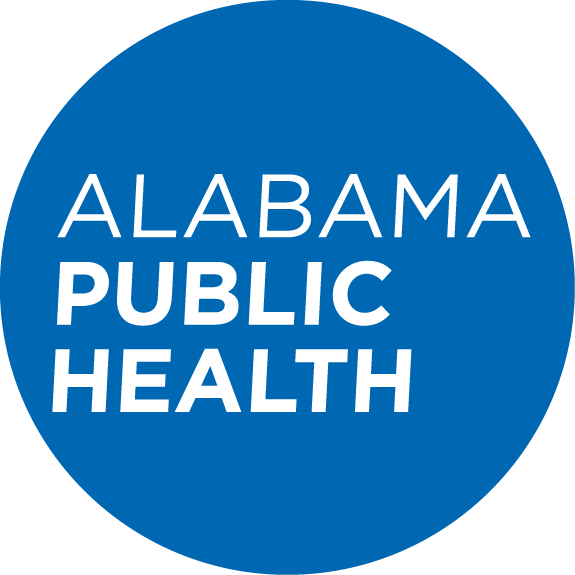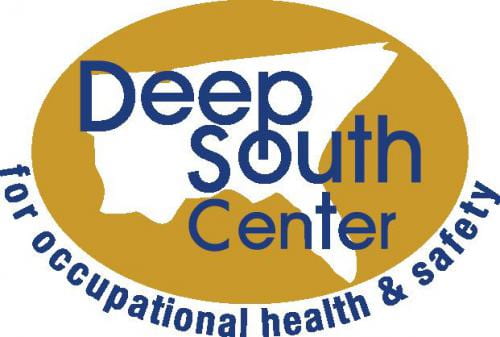Misinformation has been a risk factor throughout the pandemic, leading to more disease and death from COVID-19. Dr. Katrine Wallace (UIC School of Public Health) is an epidemiologist and social media science communicator who debunks misinformation and false claims about COVID-19 and the vaccines. In this webinar, Dr. Wallace will explain the difference between misinformation vs disinformation, discuss why disinformation is such a widespread public health issue, and identify strategies to combat health misinformation among your own friends/family/workplace. This webinar was co-sponsored by the Alabama Regional Center for Infection Prevention and Control and the Region IV Public Health Training Center.

Epidemiologist and Adjunct Assistant Professor
Division of Epidemiology and Biostatistics & Division of Community Health Sciences
School of Public Health
University of Illinois at Chicago











